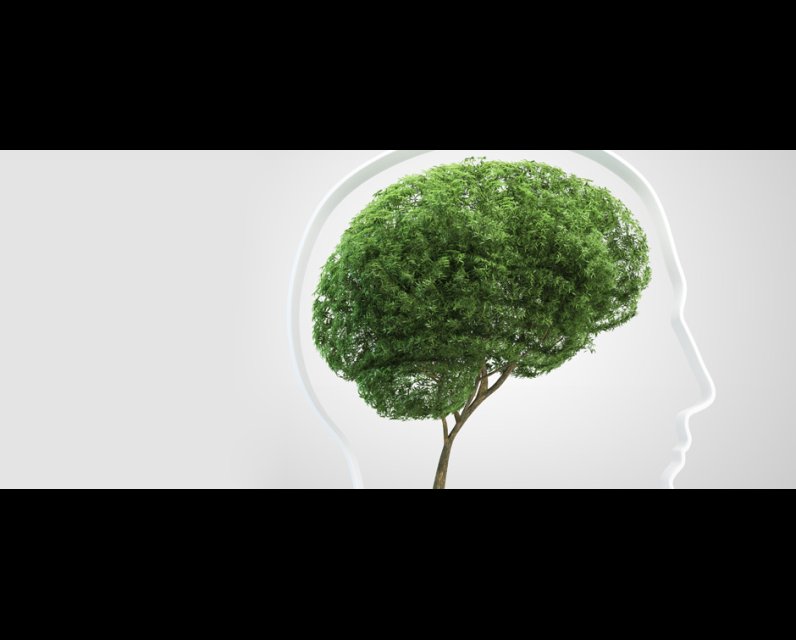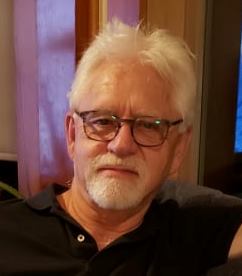Unpublished Opinions
Roland (Rolly) Montpellier is the co-founder and Editor of Below2°C. He’s a climate activist, a climate communicator and a blogger. He’s a member of Climate Reality Canada, 350.Org (Ottawa), Citizens’ Climate Lobby (Canada) and climate ambassador for We Don't Have Time. You can follow him on Facebook, Twitter, Instagram, Linkedin.
From Economic Mind to Eco-Mind

While it is true that capitalism and globalization have brought immense value and benefits to billions of people around the globe, there is a dark undercurrent of resource exploitation and environmental degradation that is catching up to us. We are nearing a fork in the road. Can we have both ongoing growth and a clean environment? Can we save both? Not without a paradigm shift from the economic mind to the eco-mind.
Humanity in the industrialized world of the 21st century is held fast by the dominant and destructive paradigm of the economic mind. We can expect no possibility for sustainability if we don’t break free from it. But what to replace it with? Frances Moore Lappé suggests the eco-mind.
She says that humanity’s only path to a prosperous future for all is to break free from our current “mental map.” That’s what Canadian environmentalist, David Suzuki, calls the destructive mindframe “locked inside our skulls.”
You may know of Frances Moore Lappé from her 1971 bestseller, Diet for a Small Planet with its transformational message about how to think about food. Her new book, EcoMind: Changing the Way We Think to Create the World We Want, published forty years later in 2011, offers us hope that we can break free from the “thought traps” that keep us locked in the destructive ways of the economic paradigm. We must look at our lives through “an ecological lens” and take “thought leaps” that can unleash our hidden power as we embrace an eco-mind.
Essentially, what Lappé is asking us to do is to break free from limiting thoughts about how big and difficult the problems are, and how small and insignificant each one of us is – to break out of that mindset and focus on questions of what we need to do to make life rich and enjoyable.
She is encouraged that our understanding of life’s rich complexity and human nature itself is expanding exponentially as the concept of ecology gains traction in our culture: “it is a new way of understanding life that frees us from the failing mechanical worldview’s assumptions of separation and scarcity.”
The Eco-Mind: Thinking like an Ecosystem
Thinking like an ecosystem means understanding that everything is connected and each organism comes to life with the potential to flourish through its vibrant connection to everything else. So our question to ourselves and each other is, “What conditions enhance life?. . . What specific conditions bring out the best in our species?” The answer, from the perspective of an eco-mind, is that we create the essential context for our thriving by ensuring the well-being of all other species, and seeing that the “key dimensions of our wider ecology remain conducive to life.”
Thinking in this way leads us to see the contradictions and absurdities that go on in industrial society. She takes the American food industry as an example. Beginning with the rule that all corporate activity must bring the highest return to the shareholders and executives, the industry degrades its products, stripping them of nutrition, selling them as junk food through convenience stores, and maintaining the process through effective lobbying on government to get huge tax subsidies for corn so that ubiquitous high-fructose corn syrup shows up everywhere, contributing to the obesity epidemic in the American population.
Lappé’s main point in citing this example is to say that the issue for Americans (and this also applies to Canadians) is thinking about how they can “reclaim democratic decision-making to shape smarter rules, rules that align the food corporation’s and the farmer’s incentives with our well-being.”
But people to a large degree are afraid to act, so Lappé says that “among all the human traits we need to cultivate, we must place first what I now call ‘civil courage’. . . Humans are plenty good enough, but we do need to work on one thing: more backbone.” This means cultivating passion so that it trumps fear, and aligning our sense of power with the experience of co-creating with nature.
If we reframe our thinking, boost our passion for life, strengthen our backbones to act with courage, and, above all, see ourselves as part of nature, not separate from it, Lappé is confident that we can rise to the great challenges facing us. We will know “that we've evolved precisely the capacities we need now, along with our greater clarity on the conditions essential to set them free.”
(This post is an excerpt from an article originally posted on grandchildrenforthefuture by Desmond Berghofer)



Comments
Be the first to comment